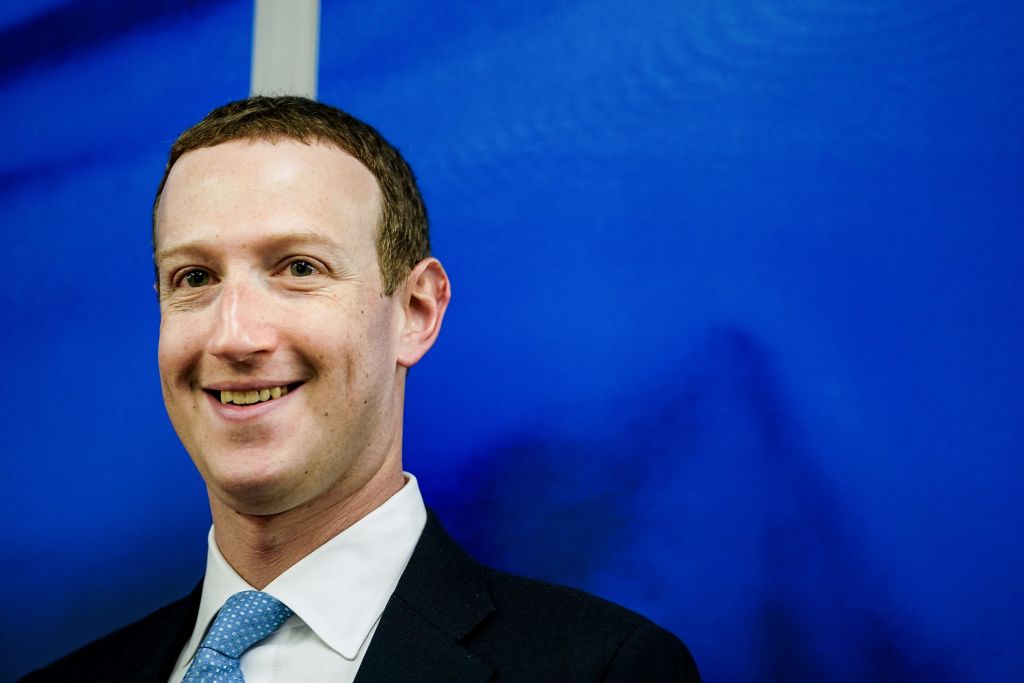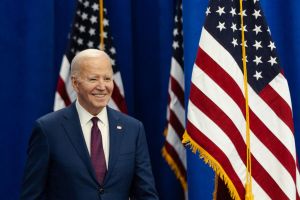Twitter CEO Jack Dorsey opened up a Pandora’s box two days ago by dropping a fact-check on a tweet by Donald Trump regarding mail-in ballots. That raised all sorts of hell from a bombastic President, as well as more questions than answers.
There are several problems with Twitter deciding to put its thumb on the scale of ‘truth’ on its social platform. The site has previously come under enormous scrutiny over widely perceived political and ideological bias. The charges against the company include its unfair and unbalanced actions in banning conservative or politically right-leaning accounts, as well as shadow-banning and limiting views and engagements on trending topics which it deems problematic. The extent of these actions is unknown, as Twitter does not share discipline or corporate information regarding personal accounts, but none of that matters. Twitter now sits right in the sights of legislative tech-happy politicians such as Sen. Josh Hawley, Sen. Ted Cruz and of course the President himself. And Twitter’s new selective fact-checking system has only further infuriated the company’s critics.
At the heart of the debate is ultimately what Twitter is. What is social media as a whole? Do companies such as Twitter or Facebook have a duty to police and take action on what registered users post? Or do they have a moral or journalistic obligation to act and behave as the gatekeeping elite media demand? The actions Jack Dorsey took seem to suggest he is more interested in pleasing the New York Times and their digital mob of endangered professionals than he is maintaining a medium that has all but rendered legacy and print media completely obsolete. Media types such as the Times’s Kara Swisher or CNN’s Brian Stelter have browbeaten Twitter into submission by demanding it think and act more like a newspaper or a television network. Well, don’t be surprised now if the eager Sen. Hawley from Missouri or President Trump demands they are now labeled as such. That won’t end well for Twitter or its users.
On the other end of the tech spectrum is Mark Zuckerberg, Facebook CEO. Zuckerberg has a keen understanding of what social media is, why it thrives, and what role it should play in the current media landscape, and more importantly, years beyond. He knows that caving to people like CNN’s Jeff Zucker, who has said that his network’s survival is hinging on Facebook being regulated and broken up, is a losing game. Zuckerberg may be a tyrannical data-mining obsessed mandroid, but on the issue of truth and regulation, he is correct where Jack Dorsey is wrong.
In an interview with Fox News, Zuckerberg was asked about Twitter’s new fact check policy. He told Dana Perino that ‘I just believe strongly that Facebook shouldn’t be the arbiter of truth of everything that people say online.’ This of course enrages legacy journalists and self appointed fact-checkers who turned their industry over to narrative-happy activists with bylines — the people who gave up pursuing truth, no matter the political consequences, years ago. Facebook isn’t killing journalism. Journalists are killing journalism. It is not Facebook’s responsibility to police posts by private users or groups containing conspiracies about QAnon or Bill Gates or the coronavirus just as it is not Twitter’s job to decide which statements made by President Trump are false.
Fact-checking widespread information on social media should be the job of journalists — but journalists have lost interest in facts and, by consequence, have lost all public trust. It is the dying journalism industry that has helped create an environment of polarization and conspiratorial entertainment around stories such as the death of Jeffrey Epstein or who QAnon is. If the public trusted journalists, wilder theories would disappear and become niche groups like Bigfoot. But legacy media doesn’t actually care about correcting misinformation. They only care that they are the ones back in charge of spreading it.
***
Get three months of The Spectator for just $9.99 — plus a Spectator Parker pen
***
Journalists all but ignored eight years of scandals surrounding Barack Obama. They were too busy going full gooey eyes over his tan suit and clever speeches. They only have themselves to blame for a public writ large now ignoring them or labeling them fake news and choosing other sources of news information. But somehow they still have the power, or the social prestige, to convince tech billionaires to be more like them.
In pushing Twitter towards the role of publishing, journalists and Jack Dorsey have handed Donald Trump an enormous gift ahead of the election. Republicans will find there are plenty of votes to be won from people who fed up of being scorned, derided and evening censored by the media.
Mark Zuckerberg understands that media credibility lies with news organizations themselves, not him, and if there is to be any corrective course, that action must be taken by journalists. Adapt or die. Jack Dorsey seems determine to appease the news organizations even if it imperils his company.


















